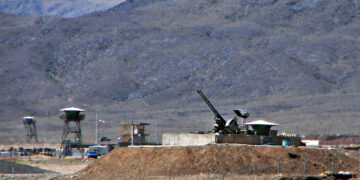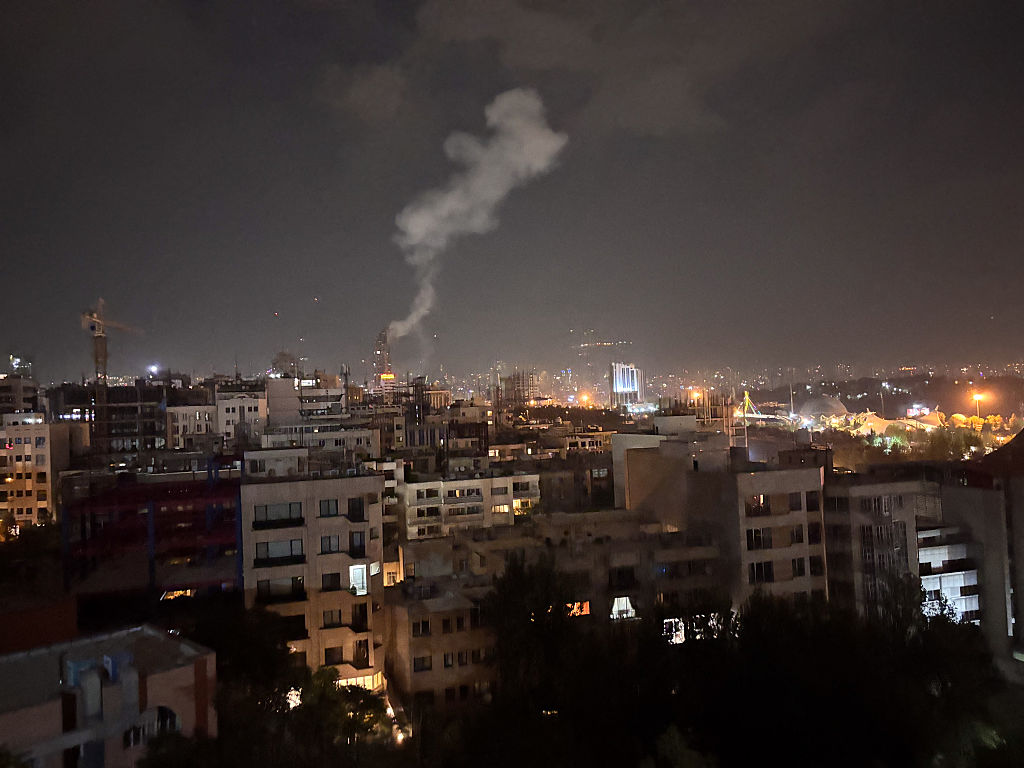Israel’s strikes on Iran, which began early on Friday morning and were aimed at demolishing Iranian nuclear enrichment facilities, weren’t a surprise. American officials had been openly predicting them in recent days, and U.S. diplomatic personnel were being moved out of countries near Iran, in particular Iraq. The only question, which has now been answered, was when exactly Benjamin Netanyahu would decide to attack.
In the end, the Israeli prime minister’s strike was characteristically audacious but also risky, militarily and politically. Iran has a large array of missiles and drones with which to hit back. Despite the strikes on its missile bases, Iran was able to launch ballistic missiles at Israel late on Friday in retaliation. And Netanyahu has a full-on war afoot in Gaza, one that has yet to yield the outcome he wants: Hamas’s destruction and the return of all Israeli hostages. Add to that Israel’s continuing intermittent attacks on Syria, Lebanon and Yemen, and the relentless missile attacks it has faced from the Iran-backed Houthis in Yemen. Netanyahu has also taken a big political risk by attacking Iran despite knowing that Donald Trump opposed it and was still in negotiations with Tehran toward an agreement to end the Iranian uranium enrichment program—talks that Netanyahu was opposed to. (Whether Trump will ultimately settle for a scaled-down enrichment arrangement as part of a regional consortium remains unclear, even though he has insisted on zero enrichment.) Indeed, the American president apparently told the prime minister that Israel would be on its own if it chose to strike Iran. Yet Netanyahu took the plunge and chose to strike anyway.
More on Middle East

Featuring Rosemary Kelanic
October 16, 2025
Featuring Daniel Davis
October 15, 2025








